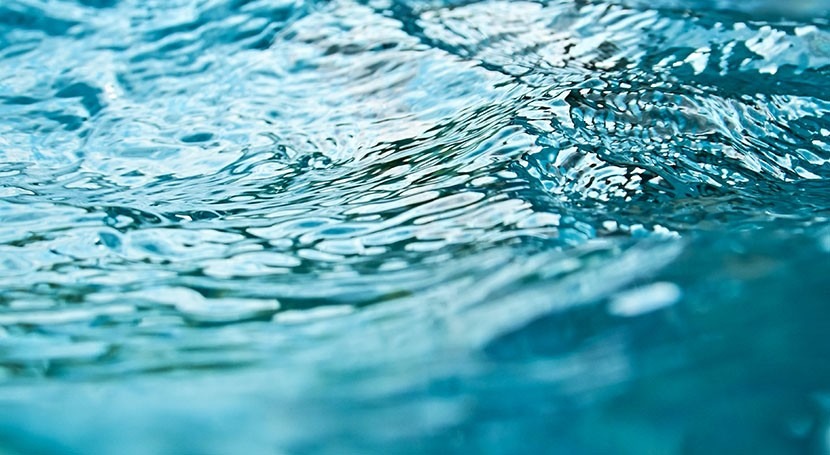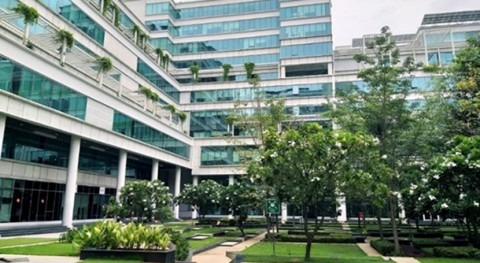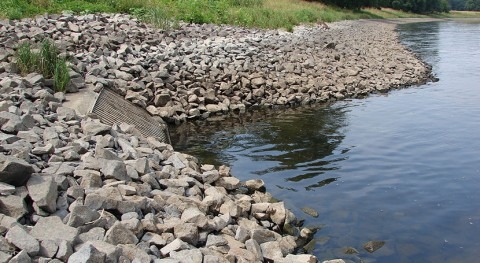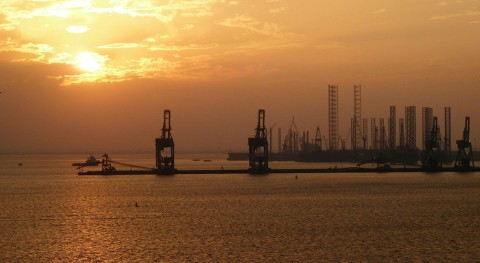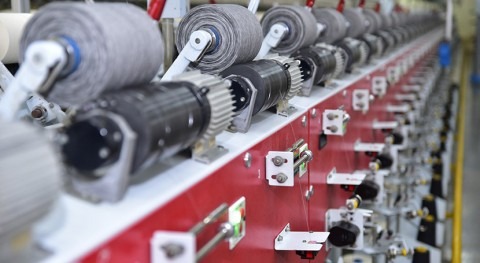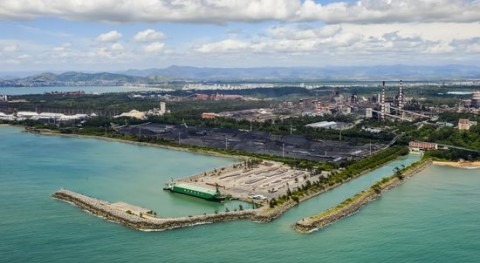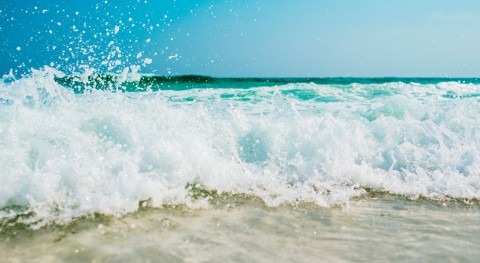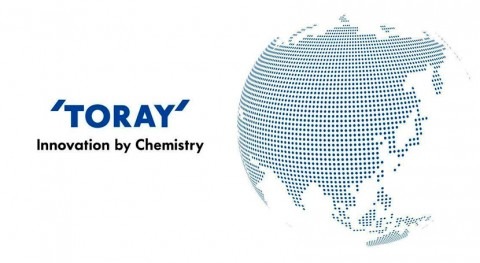Toray Industries announced that it and Mitsui DM Sugar Co., Ltd., have jointly demonstrated and established a basic technology to manufacture sugar derived from inedible biomass, a common raw material in fiber and resin production. The biomass includes surplus bagasse, a pulpy residue from sugarcane processing, and pulp that results from squeezing cassava at starch factories.
Bringing this technology together with another that Toray is developing to create monomers from sugars should contribute to a circular economy by making it possible integrate the production of biomass-based polymers for fibers, films, resins, and other offerings.
This demonstration project entailed Toray verifying a process to separate, purify, and concentrate cellulose-derived sugars in inedible biomass. It leveraged a membrane-based bioprocess that combines the company’s water treatment membrane technology and enzymes that employ biotechnology. Toray undertook this effort at a demonstration facility in Thailand as part of a project that the New Energy and Industrial Technology Development Organization (NEDO) is supporting. The company proved that carbon dioxide emissions from this process are less than half those of conventional production setups that concentrate sugar solutions by evaporating water (see figure 2).

Figure 1. Production of Cellulosic sugar from bagasse with membrane separation technology.
In 2022, Toray developed a 100% bio-based adipic acid, a raw material for polyamide 66 (nylon 66), from sugars derived from inedible biomass. This achievement came from using a proprietary synthesis technique combining the company’s microbial fermentation technology and chemical purification technology that harnesses separation membranes. The recent demonstration was a first step toward creating a technology to make cellulosic sugar from biomass, putting it on track to mass production. The company now looks to establish an integrated technology to manufacture fiber and resin from abundant agricultural residue, avoiding competition with the food chain (see Figure 2).

Figure 2. Concept for transforming inedible plants into chemical raw materials
Toray looks to set up a structure to supply cellulosic sugar in collaboration with Thai sugar refineries and starch manufacturers and other companies using biomass resources. It will endeavor to upscale technology from an effort under development to produce adipic acid from cellulosic sugar. In providing cellulosic sugars to chemical companies around the globe, Toray seeks to help materialize a circular economy by replacing petroleum-based chemicals with plant-derived offerings that are not part of the food chain.
Toray is leveraging a basic policy of creating and deploying innovative new materials and technologies for tomorrow in entering new fields while drawing on internal and external collaboration to accelerate research. As part of this approach, it will engage in open innovation for membrane bioprocessing with players in different industries, establishing supply chains and providing solutions with companies using biomass and cellulosic sugar.
The technology announced is a fruit of NEDO’s Demonstration Project for an Energy-Saving Cellulosic Sugar Production System using Bagasse under International Demonstration Project on Japan’s Energy Efficiency Technologies. The demonstration plant is at a site in Udon Thani Province, Thailand, of Cellulosic Biomass Technology Co., Ltd., which Toray and Mitsui Sugar Co., Ltd., set up in January 2017. There, Toray verified and assessed manufacturing process energy savings, production performance, and the economic feasibility of this production system from August 2018 through December 2022. It completed the demonstration in March 2023. The Thai government looks for the new technology to contribute significantly to materializing the Bio-Circular Green Economy model, which the Thai Government deployed as a strategy for national development and post-pandemic recovery.


